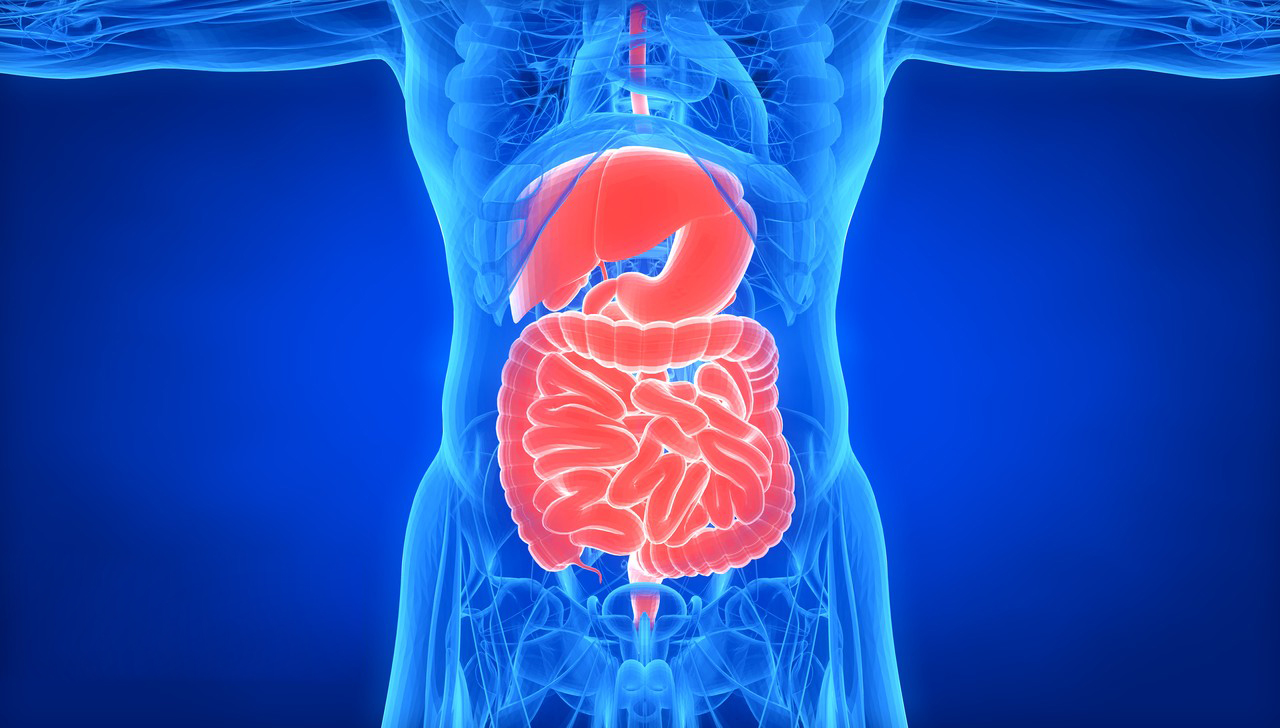Citicoline Sodium (also known as CDP-Choline) is a medication primarily used for neurological and cognitive conditions. Here’s an overview of its pharmacology, therapeutic uses, pharmacokinetics, side effects, and mechanisms of action:
1. Pharmacology and Mechanism of Action
- Citicoline (Cytidine 5′-diphosphocholine) is a compound that serves as a precursor to the synthesis of phospholipids, essential components of the cell membrane.
- The drug promotes the synthesis of phosphatidylcholine, a significant phospholipid in the neuronal membrane, which supports neuron integrity and function.
- It increases acetylcholine synthesis, a neurotransmitter critical for memory and cognitive processes.
- Citicoline also enhances the production of dopamine, norepinephrine, and serotonin, potentially offering neuroprotective benefits.

2. Therapeutic Uses
- Stroke Recovery: Citicoline is used in ischemic stroke management, improving brain recovery and reducing infarct size.
- Cognitive Enhancement: It is commonly used for memory and cognition enhancement in age-related cognitive decline, mild cognitive impairment, and Alzheimer’s disease.
- Traumatic Brain Injury (TBI): Citicoline can be used to support recovery from brain injury by promoting membrane repair and neurotransmitter balance.
- Glaucoma and Vision Health: Citicoline has neuroprotective effects that may help in treating conditions like glaucoma by preserving retinal ganglion cells.
3. Pharmacokinetics
- Absorption: Citicoline has good oral bioavailability, generally between 90-95%.
- Metabolism: It is metabolized in the intestines and liver, releasing cytidine and choline into the bloodstream.
- Distribution: Once absorbed, it crosses the blood-brain barrier and is incorporated into the brain’s phospholipid pool.
- Excretion: It is mainly excreted through urine as metabolites, with some excreted in exhaled air as carbon dioxide.

4. Side Effects and Safety
- Common Side Effects: Generally well tolerated, but mild side effects may include insomnia, headache, gastrointestinal discomfort, and rarely, hypotension.
- Precautions: It should be used with caution in patients with hypertonia (muscle rigidity) and those with cholinergic hypersensitivity. Its safety in pregnant or breastfeeding women is not fully established, so caution is advised.
- Drug Interactions: Citicoline may enhance the effects of levodopa in Parkinson’s patients but generally has few interactions.
5. Dosing and Administration
- Standard Dose: Typically, doses range from 250 mg to 1000 mg daily, often split into two doses.
- Routes of Administration: Oral tablets and injections are the most common. Injectable forms may be used in acute settings like stroke.

6. Research and Efficacy
- Studies indicate that Citicoline has neuroprotective effects and may benefit neurodegenerative and cerebrovascular conditions. However, results on its efficacy can vary based on dosage, condition treated, and patient population.
Overall, Citicoline Sodium is considered safe and beneficial for neurological health, especially in supporting cognitive function and recovery in brain injuries and neurodegenerative disorders.
